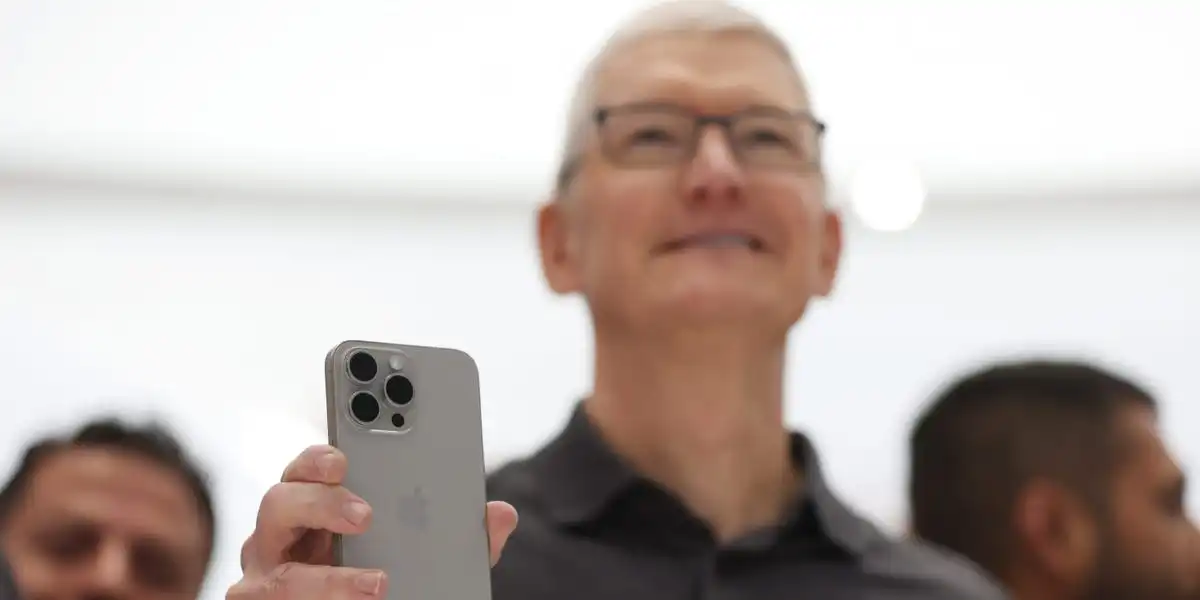Because cellphones were just emerging then. The technology was rapidly changing all the time
And when you look back, a ton of the innovations were trying to solve a part of the problem that modern smartphones have solved and then some.
When texting took off, companies tried to innovate better ways than T9 to do that. So you ended up with variations of full keyboards. Slide out, on the face, swivel, etc.
Flip phones and other slide outs tried to maximize screen space before touchscreens were around or good. When the screen is only useable as a screen you have to get creative to still have a keyboard.
When cameras first got out into phones they sucked. So companies put a ton of effort into innovating that. Hell cameras are still one of the main focuses on innovation. It’s just that there are diminishing returns with what you can package in a phone. So it takes a lot more work to get a small improvement.
Beyond that, most of the innovation is under the hood and less noticeable. Improving the chip architecture to be more powerful and more efficient. On device encryption for security. Lidar scanning for 3d modeling. Better integration with the ecosystems.
Beyond those you still have innovations like the foldable, which right now still kinda suck. Just like phones did when they started trying to innovate. Foldables will lead to crazier innovation down the line with the added space. Right now they’re still just trying to get the folding screen decent.
Once a technology matures, you stop seeing massive jumps and innovation becomes evolutionary rather than revolutionary. Another 10-15 years and you may see phones slow down to laptop pace, where a new model is only released every few years and then the jump between generations is bigger by comparison because you’ll have three years of work into it rather than one.


